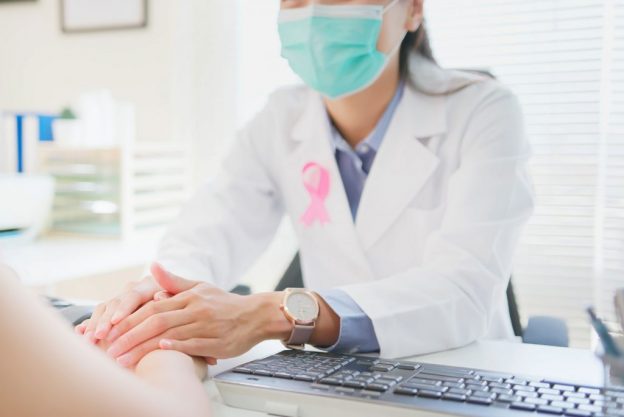**Frequently Asked Questions for Oncologists: Clear Answers for Patients**
1. **What is cancer?**
Cancer is a disease characterized by the uncontrolled growth of abnormal cells in the body. These cells can form tumors, invade healthy tissues, and affect the normal functioning of organs.
2. **Is cancer easily transmitted? Do family members living with me have a risk of developing cancer?**
Cancer is not transmitted like an infectious disease, but certain genetic factors can increase the risk of cancer. First-degree relatives (parents, siblings) with a history of cancer may have a genetic predisposition. It is important to discuss family history and the possibility of genetic testing with your doctor.
3. **What are the symptoms of cancer?**
Symptoms vary depending on the type of cancer but may include unexplained weight loss, persistent fatigue, pain, changes in the skin, or unusual bleeding. It is important to consult a doctor if you notice these signs.
4. **Can fever be an indication of metastasis?**
Fever can occur in various situations, including infections or reactions to treatment. While it is not a direct indicator of metastasis, it is important to discuss persistent fever with your doctor, as it may be a sign of disease progression.
5. **If I have metastasis in another organ, do I have treatment options?**
Yes, there are treatments available for patients with metastasis. Treatment options depend on the type of cancer, the affected organs, and the patient’s overall health. It is important to discuss a personalized treatment plan that addresses your specific needs.
6. **What tests can I undergo to know if I have cancer or not?**
To determine if you have cancer, it is important to consult an oncologist who will recommend a series of tests, including blood tests, imaging (such as ultrasounds, CT scans, or MRIs), and, in some cases, biopsies. There is no single test that can confirm the presence of cancer; the evaluation is complex and depends on your symptoms and medical history.
7. **What types of treatments are available for cancer?**
Treatment may include surgery, chemotherapy, radiation therapy, immunotherapy, and targeted therapies. The treatment plan is personalized based on the type of cancer, its stage, and the patient’s overall health.
8. **Is it true that I can treat cancer with natural methods, or is baking soda effective?**
Unfortunately, there is no scientific evidence to support that natural methods or baking soda can cure cancer. Cancer treatment should be evidence-based and conducted under the supervision of an oncologist. Standard treatment options, such as chemotherapy, radiation therapy, and surgical interventions, are the most effective methods to combat cancer.
9. **What dietary restrictions exist for cancer patients?**
Nutrition plays a crucial role in supporting the health of cancer patients. It is recommended to avoid processed foods high in sugars and saturated fats. Consume plenty of fruits, vegetables, whole grains, and lean proteins. Hydration is also crucial. Discussing a personalized dietary plan with a nutritionist specialized in oncology can provide significant benefits.
10. **What are the side effects of treatment?**
Side effects depend on the type of treatment. They may include fatigue, nausea, weight loss, hair loss, and infections. It is essential to discuss what to expect and how to manage these effects with your doctor.
11. **I’ve heard that B vitamins, milk, and meat are contraindicated for cancer patients; is this correct?**
It is incorrect to state that B vitamins, milk, or meat are generally contraindicated for cancer patients. Nutrition should be personalized and tailored to each patient, considering overall health, type of cancer, and treatments being followed. It is essential to discuss this with a nutritionist specialized in oncology.
12. **What can I do to prevent cancer?**
Adopting a healthy lifestyle is crucial. This includes a balanced diet, regular physical exercise, avoiding smoking, and excessive alcohol consumption, as well as having regular medical check-ups.
If you have any additional questions, feel free to ask your oncologist. Your health is our priority!
